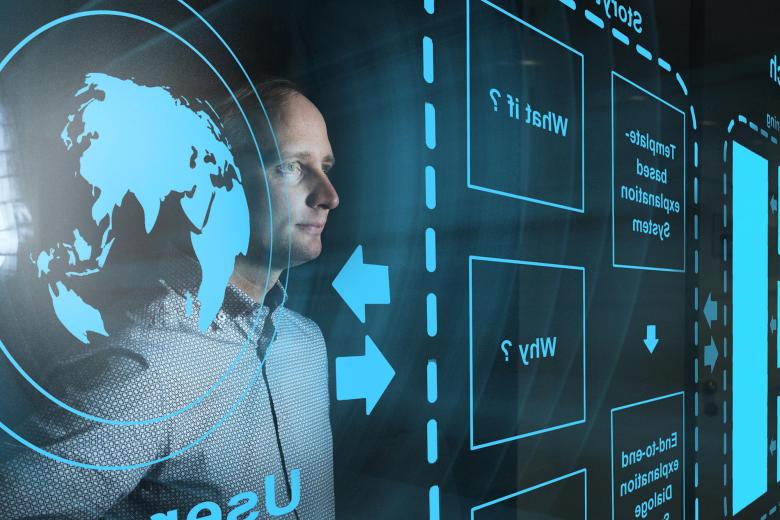Artificial Intelligence defines our well-being and welfare
Four years ago, Astrid Boeijen would watch from her office at the CBS as the empty building filled with life. In September 2020, she became the CEO of Brightlands Smart Services Campus in Heerlen. High time to ask her about her ambitions for the second youngest Brightlands campus in Limburg.
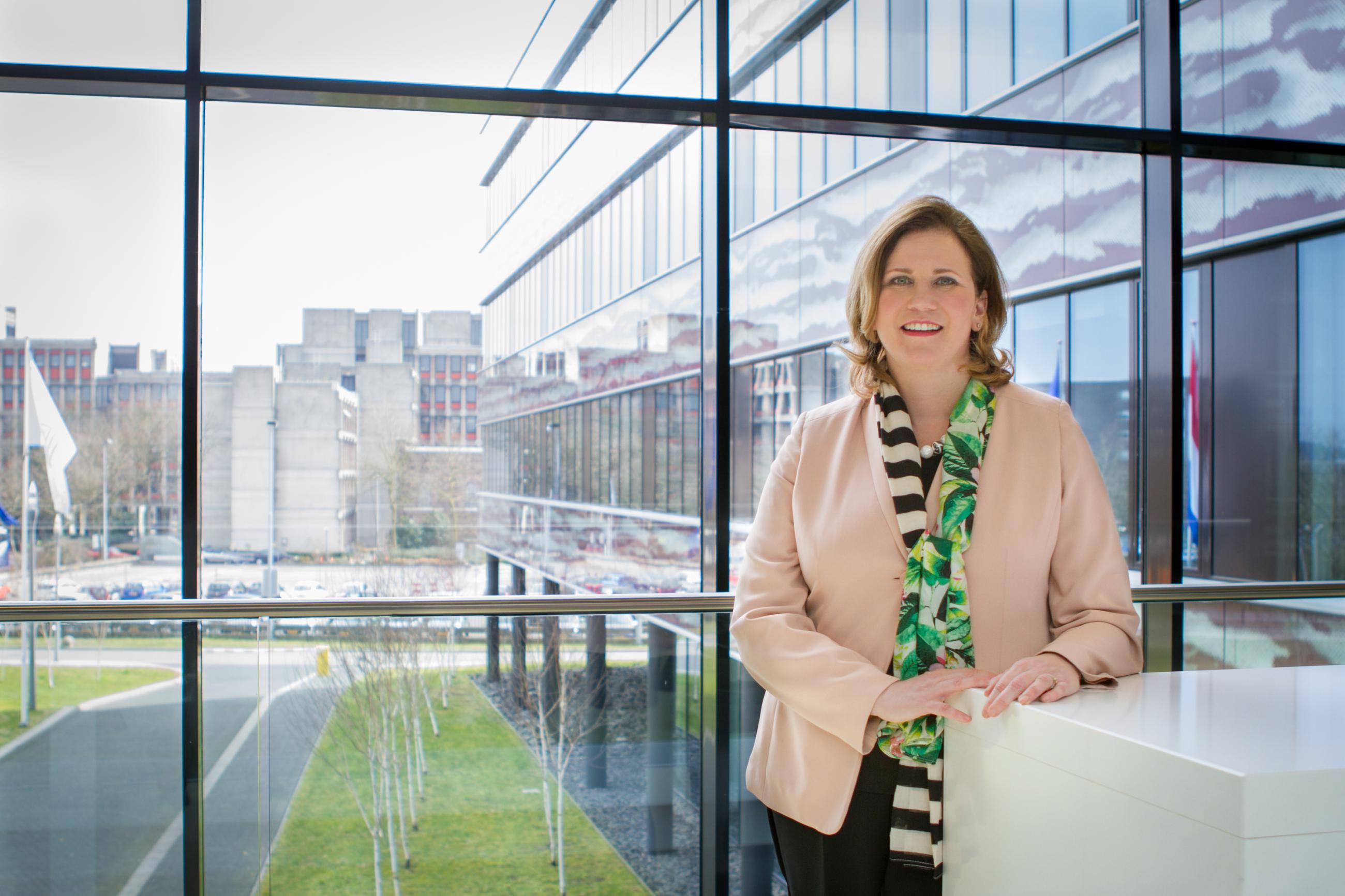
“In four years’ time, a full-fledged ecosystem has been built here, from nothing. To me, this is an amazing achievement. The choice for data, artificial intelligence (AI) and data science was a good one. This field has really taken off in recent years, and corona actually gave it another boost. With the daily updates and charts we’ve been seeing on our screens, everyone is suddenly aware of the importance of data. In addition, we all take advantage of all of the available digital solutions that enable us to do our jobs, go to school, or keep up our social contacts. The need for expertise in our field is growing. AI will play a major role in determining our future prosperity and well-being. The Dutch cabinet is also focusing on innovative ecosystems. The time is ripe for us to make sure they hear more from us.”
The Hague has also recently discovered Brightlands Smart Services Campus.
“Yes, they have. We are part of the Dutch AI Coalition that was set up by the Ministry of Economic Affairs, the VNO-NCW and TNO. Within the scope of this coalition, government agencies, companies and knowledge institutes are committed to creating connections between the various developments in the AI field, and are working together to find solutions to societal problems. 400 organizations are now part of this coalition, and the next step is to create seven AI-hubs in the Netherlands. The Smart Services Campus is slated to be one of these hubs. A few members of the coalition visited us in October, and that same evening, I received an invitation to attend a meeting of the potential hubs. This is naturally a great acknowledgement since for years we have been working on what the hubs will soon be doing. Education and research, government and business already form a collective ecosystem here. The people of Limburg are becoming increasingly aware of what we do here, and the rest of the Netherlands will soon follow.”
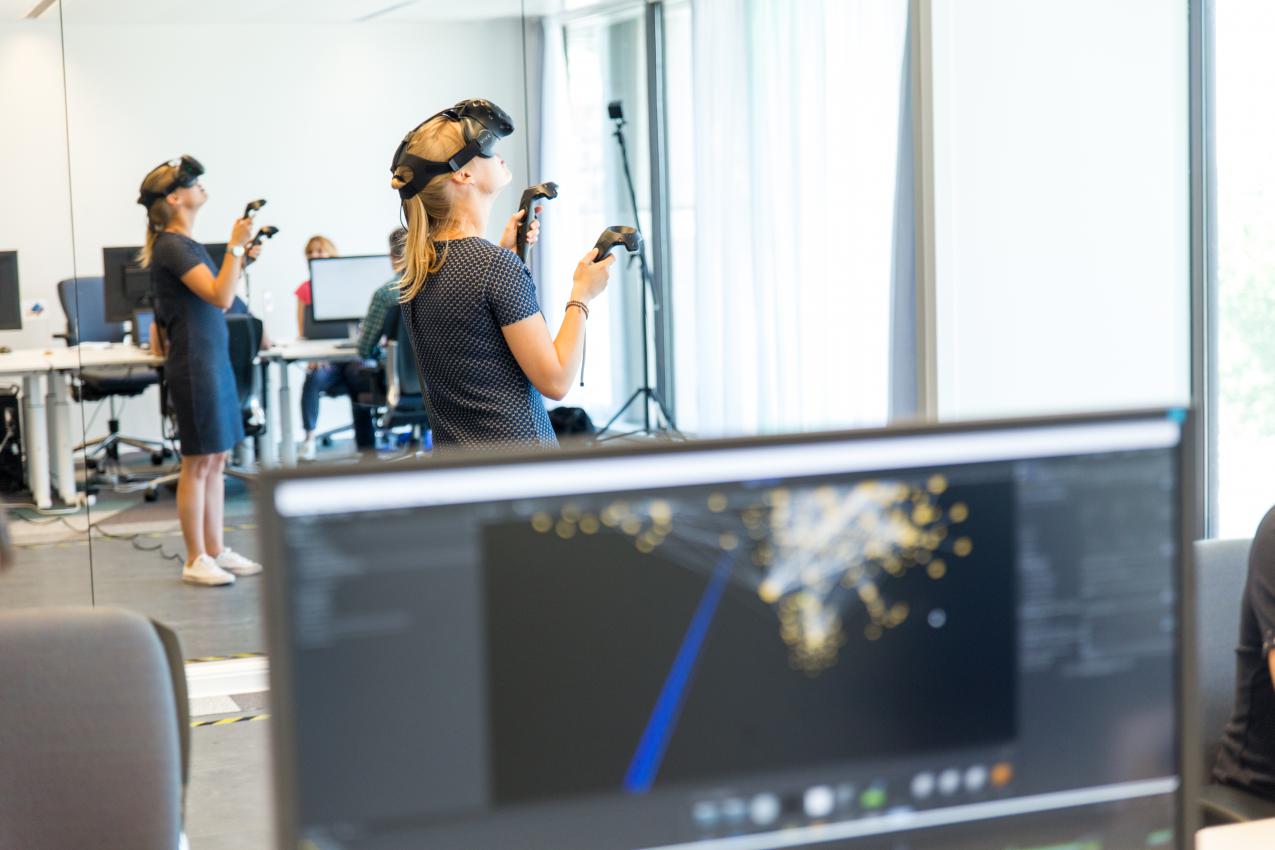
AI has an impact on business and our private lives
“AI affects all of society, so in addition to the legal and social component, there is also an explicit ethical element involved. The use of algorithms and fundamental research on deep learning must take into account the basic rights and privacy regulations that are in place. In Europe, our preference is for human-centered AI, which means that AI has to be applied in a manner that we as a society believe is responsible and useful. It means we have to make agreements with one another, protect privacy and prevent discrimination. This is why ELSA labs are being set up in the Netherlands. ELSA stands for Ethical Legal and Societal Aspects, so these sides of data science and AI. The government, the business community and knowledge institutes also work together in these labs to find solutions to social problems. Brightlands Smart Services Campus is working on the set-up of one of the first four ELSA labs, where our focus will be on poverty and fighting debt.”
What is Brightlands Smart Services Campus’ value for the Limburg business community?
“We want to strengthen the SME sector in Limburg. SMEs in Limburg are lagging behind the national average when it comes to digitalization. We hope that the MKB Datalab Limburg will help us catch up. The SME Data Lab receives most of its support from the knowledge institutes and Rabobank. Students from Vista College, Gilde Opleidingen, Zuyd University of Applied Sciences, Open University and Maastricht University provide practical advice and support to companies interested in digitalization, from setting up a webshop to digital marketing, and the smart use of the data every company generates. Supported by the Province of Limburg and the Ministry of Economic Affairs, mini-masters programs are being organized and vouchers are made available to stimulate digitalization by SMEs. The need for this is abundantly clear. On the first day after the announcement, we had already received 250 registrations for the mini-masters. The campus helped with the preparations for the project, and we are providing the Datalab with a physical location at the campus.”
So the campus plays a connecting role
“We are always looking for ways to connect. Data science and AI are never a goal in and of themselves, but they are important for everyone. This is why we are also looking at how we can strengthen the other Brightlands campuses in this area. We are also looking for connections with the city and the region. It’s important for the expertise at our campus to be made available to parties in the region. We can contribute to companies’ competitive strengths and help them cut costs. A few examples include predictive maintenance or predictive safety, the prevention of waste or scheduling for personnel. Data models can help you make informed decisions so that you no longer have to rely on your gut feeling. This is why it’s so important for companies to keep their digital toolbox up to date. To do this, we have to make sure we tell our story well. After all, as important as technology is, it’s the way it’s applied that makes the difference.”
Source: Brightlands newsletter
Photo Astrid Boeijen: Studio Zwartlicht

Also read
-
Empowering Smallholder Farmers in the Data Economy: Unlocking Opportunities and Overcoming Obstacles
Frederik Claasen, the head of policy at our partner organisation Solidaridad Network on the opportunities and obstacles facing smallholder farmers in their data ecosystems.
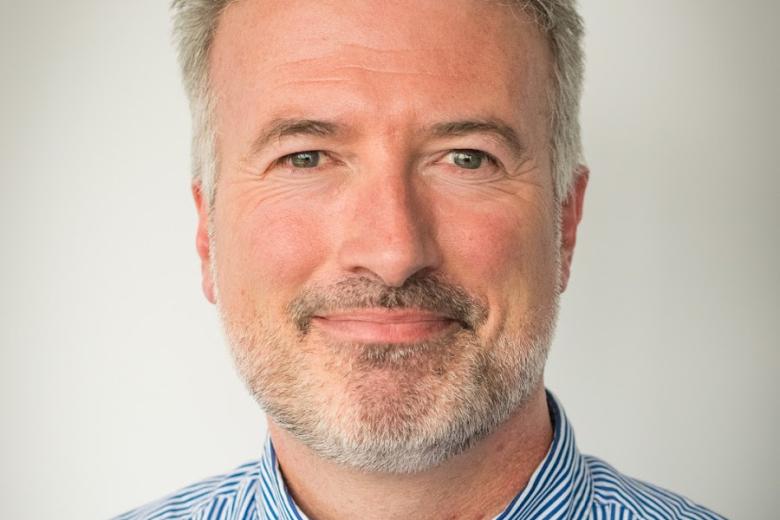
-
Wanted: 'pioneers of circular transition' for Marc Cornelissen Brightlands Award (€35,000)
On October 25 2023, the Marc Cornelissen Brightlands Award will be presented for the fifth time. Candidates can apply for it until 15 June. The award is aimed at anyone in the Netherlands-Germany-Belgium border region who is working on a dream to accelerate the circular transition. A prize of €35...
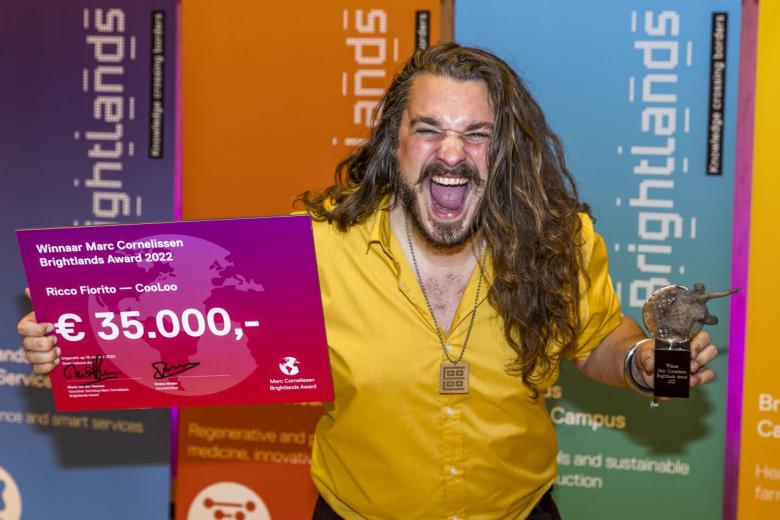
-
Machines that can improvise
Computers are already capable of making independent decisions in familiar situations. But can they also apply knowledge to new facts? Mark Winands, the new professor of Machine Reasoning at the Department of Advanced Computing Sciences, develops computer programs that behave as rational agents.
